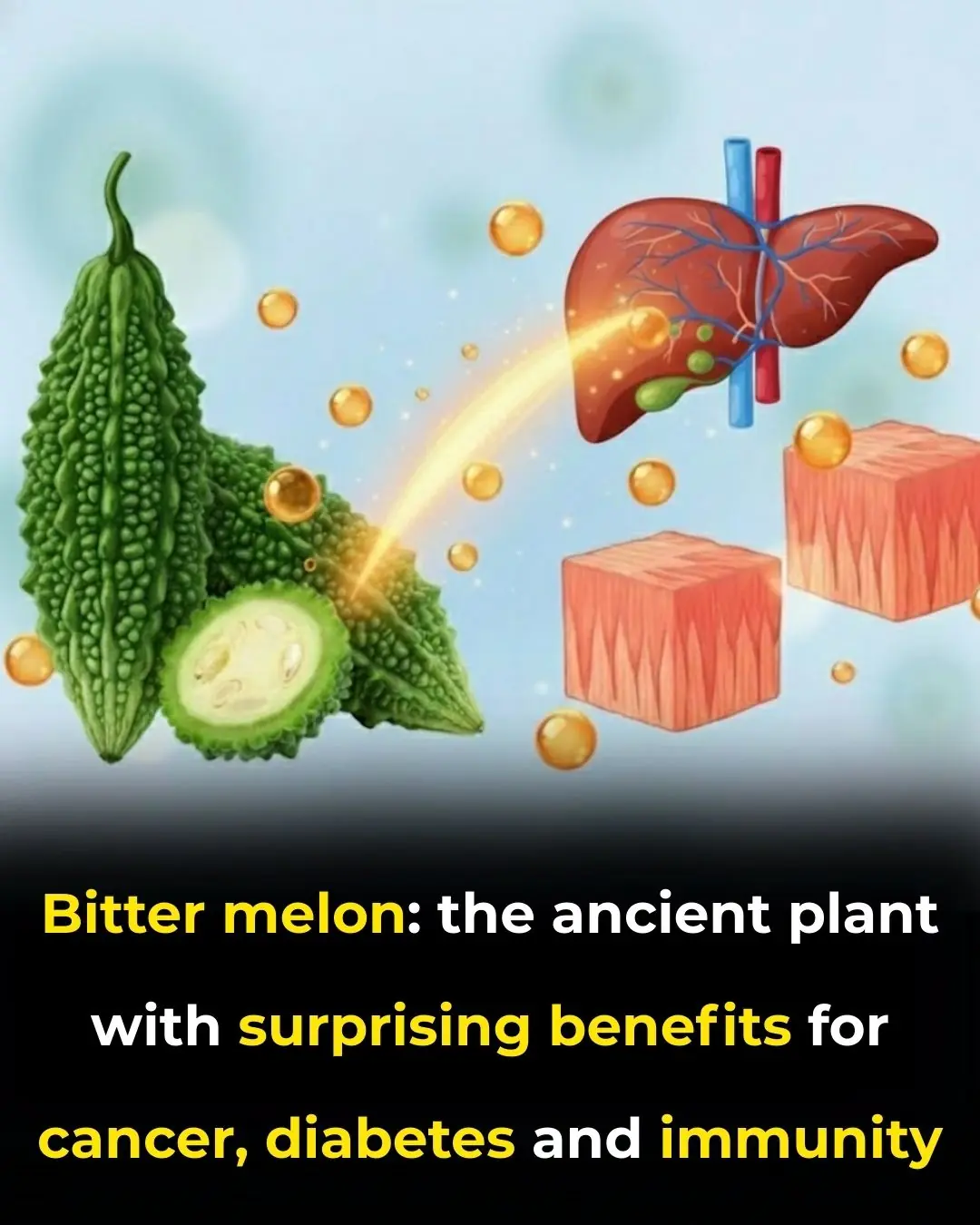
How to treat nerve pain in the foot, toes & legs

Peripheral neuropathy can be a frustrating, disruptive, and often painful condition that affects millions of people. It commonly appears as nerve pain in the feet, toes, and legs, leading to sensations such as burning, tingling, numbness, or sharp, electric-like pain. These symptoms can interfere with mobility, sleep, and overall quality of life. In this expanded guide, we’ll take a closer look at the causes of nerve pain, available treatments, and practical strategies you can use every day to manage discomfort more effectively.
👉 Key Takeaways
-
Understand the Causes: Peripheral neuropathy can result from diabetes, alcohol use, injuries, vitamin deficiencies, and more.
-
Get Proper Diagnosis: A healthcare provider can help identify the underlying issue and prevent the condition from worsening.
-
Explore Treatment Options: From lifestyle changes to medications, there are several ways to reduce symptoms and improve nerve function.
-
Use Home Remedies: Simple habits such as stretching, massage, and wearing supportive shoes can make a noticeable difference.
✨ What Is Peripheral Neuropathy?
Peripheral neuropathy occurs when the peripheral nerves become damaged or irritated. These nerves connect the brain and spinal cord to the rest of the body, including muscles, skin, and internal organs. When they malfunction, signals become distorted or interrupted, leading to pain, weakness, or numbness—most commonly in the hands and feet.
Common causes include:
Diabetes
Long-term high blood sugar levels can gradually damage nerves, leading to diabetic neuropathy. Because the nerves in the feet and legs are among the longest, symptoms often begin there. People may experience burning pain, loss of sensation, or an increased risk of foot injuries due to reduced feeling.
Alcohol Use
Chronic, heavy alcohol use can cause alcoholic neuropathy, affecting both sensory and motor nerves. Alcohol’s toxic effects, paired with nutrition deficiencies (especially B vitamins), lead to nerve degeneration. Symptoms often include burning pain, numbness, muscle cramps, and weakness.
Injuries and Physical Trauma
Car accidents, falls, sports injuries, or repetitive stress can compress or damage nerves. A herniated disc, for example, can pinch a nerve root in the spine, causing radiating pain that travels down the leg—commonly known as sciatica.
Nutritional Deficiencies
Vitamins such as B1, B6, B9, B12, and vitamin E play a critical role in nerve health. Deficiencies can impair nerve function and even cause structural damage, such as the loss of the protective myelin sheath. Low B12 levels are especially associated with numbness, balance issues, and nerve degeneration.
Other Medical Conditions
Autoimmune diseases, thyroid disorders, kidney disease, infections (like Lyme disease or shingles), and even certain medications can cause nerve inflammation or damage. In these cases, neuropathy may develop gradually or appear suddenly depending on the condition.
🎯 The Importance of Proper Diagnosis
Accurate diagnosis is essential because nerve pain can easily be confused with other conditions such as circulation problems, musculoskeletal injuries, or spinal issues. Early detection helps prevent further nerve damage and guides you toward the most effective treatment plan.
Here are some steps to take:
Consult a Podiatrist
A foot specialist can identify whether pain is coming from nerve damage, joint issues, or soft-tissue problems. They may recommend customized orthotics, pressure-relieving footwear, or targeted treatments for foot-specific nerve pain.
See a Neurologist
Neurologists specialize in nerve disorders. They may perform:
-
Nerve conduction studies (NCS)
-
Electromyography (EMG)
-
Reflex and sensory testing
These tests reveal how well your nerves are functioning and help pinpoint the exact area of damage.
Imaging Tests
MRI or X-rays may be used to identify structural issues such as spinal stenosis or herniated discs. These conditions may mimic neuropathy and require a different course of treatment.
Blood Tests
Blood work may uncover underlying causes like diabetes, low vitamin levels, autoimmune activity, or infections—making it easier to target the root cause of your symptoms.
⚙️ Treatment Options
Effective treatment for peripheral neuropathy usually combines several strategies. Managing symptoms early can help slow progression and prevent long-term complications.
➡️ Medications
Pain Relievers:
Over-the-counter pain relievers can help with mild symptoms, though stronger medications may be needed for severe cases. Doctors typically use caution when prescribing opioids due to dependency risks.
Antidepressants:
Tricyclic antidepressants and SNRIs can reduce nerve pain by altering the way your brain processes pain signals.
Anti-seizure Medications:
Drugs like gabapentin and pregabalin are commonly used to calm overactive nerves and reduce pain sensations.
Topical Treatments:
Capsaicin creams and lidocaine patches can provide short-term relief directly at the pain site.
➡️ Lifestyle Changes
Nutrient-Rich Diet:
Consuming foods rich in B vitamins, magnesium, antioxidants, and healthy fats supports nerve health. Omega-3 fatty acids, found in fish and flaxseed, may help reduce inflammation around nerves.
Blood Sugar Management:
For those with diabetes, stabilizing blood sugar is one of the most effective ways to slow nerve damage and reduce symptoms.
Regular Exercise:
Movement improves blood flow, strengthens muscles, and may reduce pain signals. Activities such as walking, stretching, low-impact aerobics, and yoga are excellent for long-term management.
Avoiding Alcohol and Smoking:
Both habits worsen nerve damage. Quitting or cutting back significantly can improve healing and reduce symptoms over time.
➡️ Home Remedies
Footwear:
Supportive shoes with a wide toe box and proper cushioning can reduce pressure and irritation. Orthotics can help correct foot alignment and prevent nerve compression.
Massage and Stretching:
Regular stretching prevents stiffness, while gentle massage increases circulation and reduces muscle tension around affected nerves.
Warm Foot Baths:
Warm soaks help relax muscles and stimulate circulation—particularly beneficial for those with cold, numb feet.
Epsom Salt Baths:
These may help soothe tight muscles and reduce discomfort, although they are not a cure for nerve damage itself.
➡️ Alternative Therapies
Acupuncture:
Many people report improved circulation and reduced pain after acupuncture sessions.
Compression Devices:
Compression socks or devices can reduce swelling and improve blood flow, easing nerve irritation caused by fluid buildup.
TENS Therapy:
Electrical stimulation can interrupt pain signals and promote endorphin release, offering temporary relief.
Physical Therapy:
A therapist can design exercises for balance, coordination, and strength—key components in preventing falls and improving daily comfort.
🩺 When to Seek Further Help
If your symptoms continue to worsen or fail to improve despite treatment, it’s important to seek advanced care. Severe cases may require surgery, especially if nerve compression is caused by structural problems like herniated discs or tumors. Pain management specialists may also recommend nerve blocks or advanced therapies such as spinal cord stimulators for persistent, hard-to-treat neuropathic pain.
👉 Conclusion
Peripheral neuropathy can significantly affect your daily life, but with the right knowledge and a comprehensive treatment plan, relief is possible. Understanding the cause of your nerve pain, seeking professional diagnosis, and combining medical treatments with lifestyle changes can greatly improve your comfort and overall well-being. By taking a proactive approach—whether through diet, exercise, medications, home care, or alternative therapies—you can regain control and work toward a healthier, pain-reduced future.
News in the same category

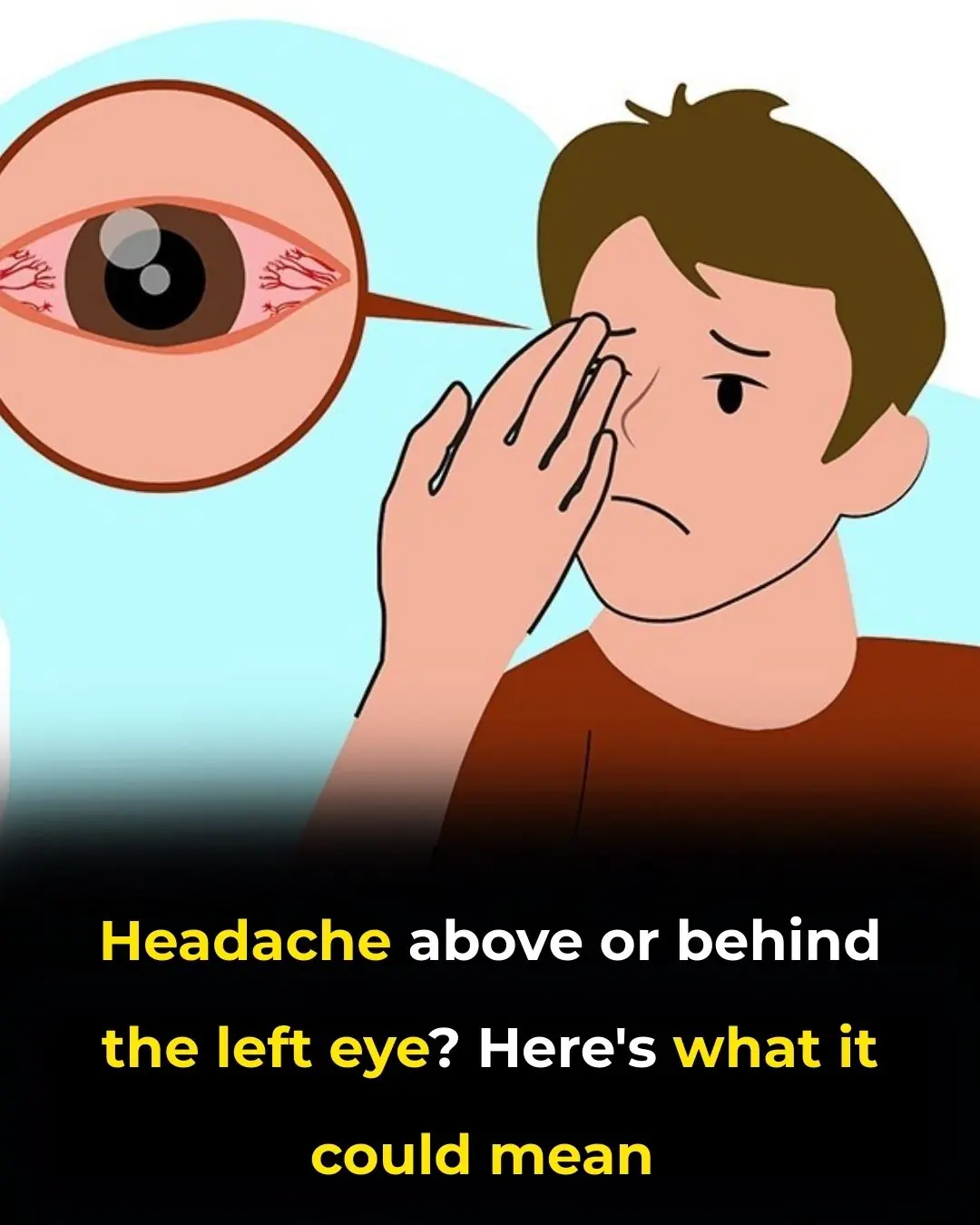
Headache Above or Behind the Left Eye: Causes and Treatments
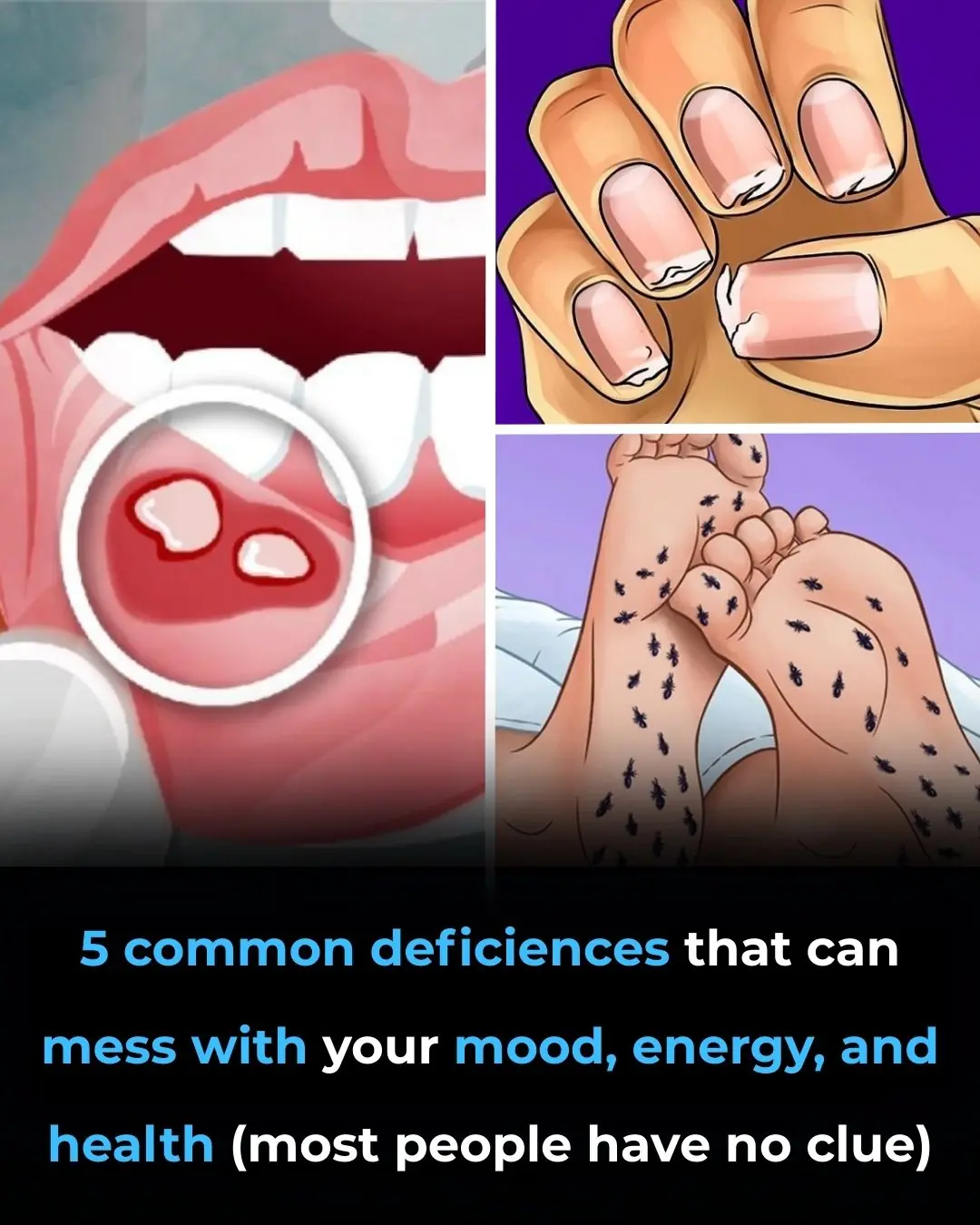
5 Deficiencies Almost Everyone Has (And Doesn’t Know About)

Eggs and Coffee: A Surprisingly Powerful Breakfast Combination
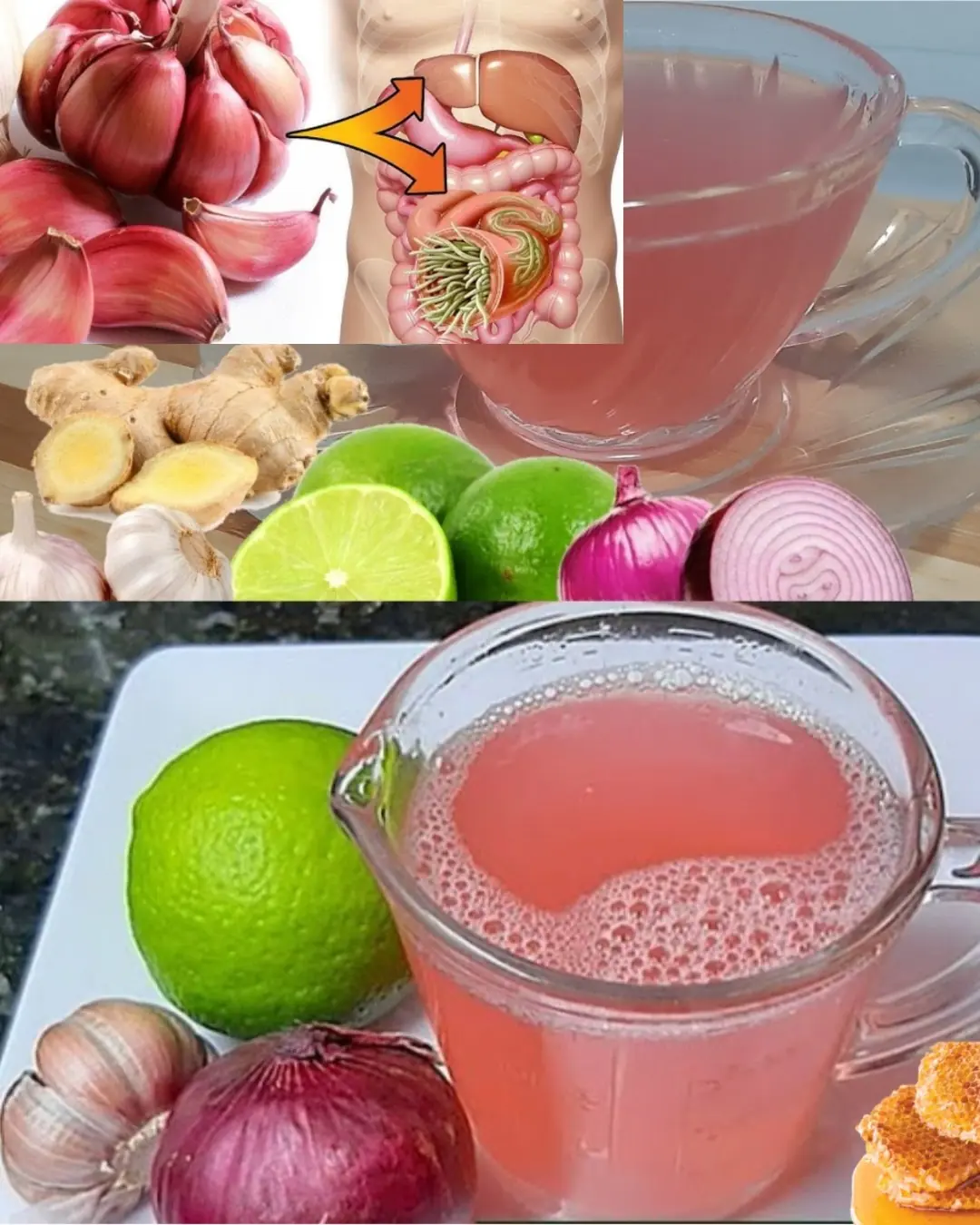
Boost Your Immune System Year-Round with Garlic, Onion, and Lemon
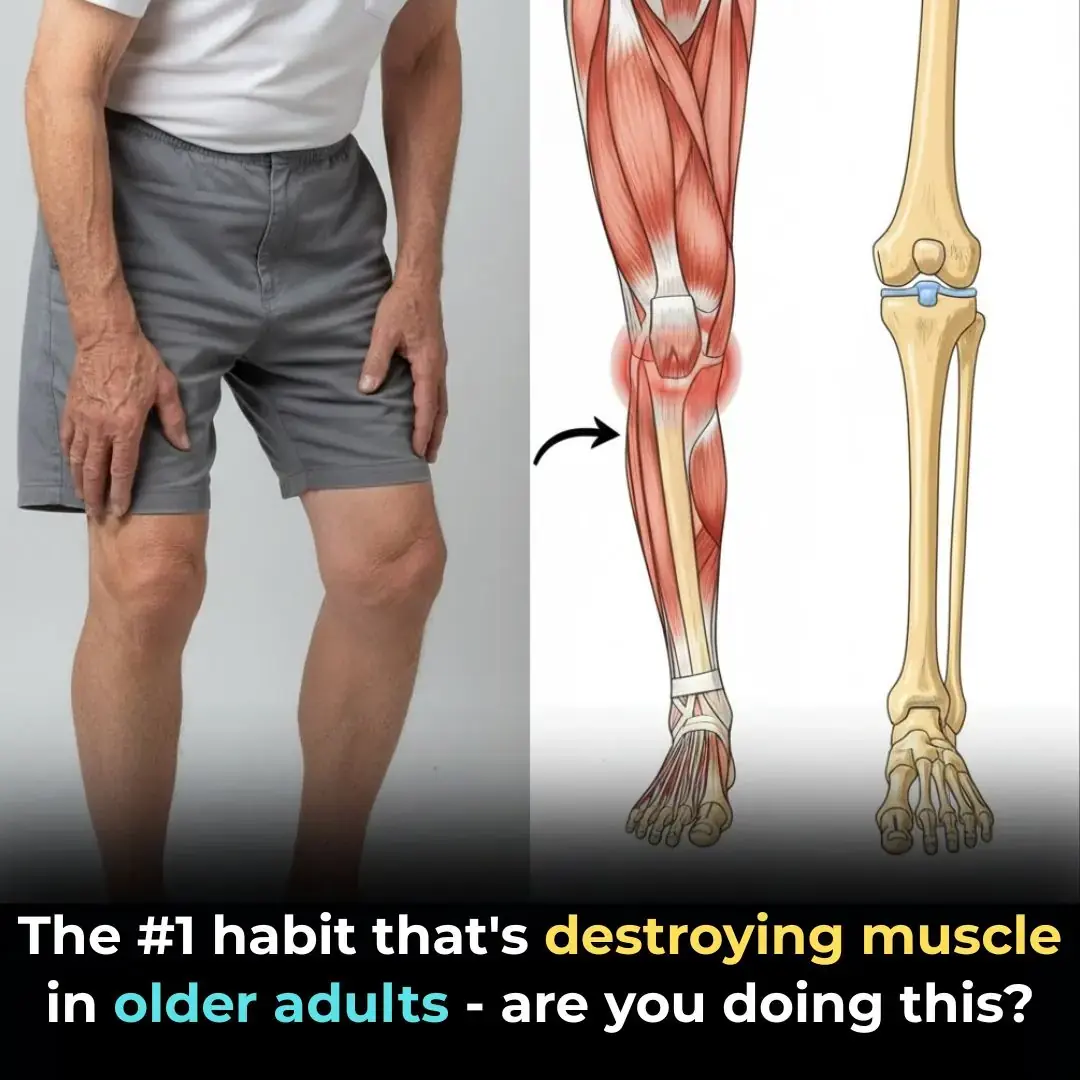
The #1 habit that’s destroying muscle in older adults—are you doing this?
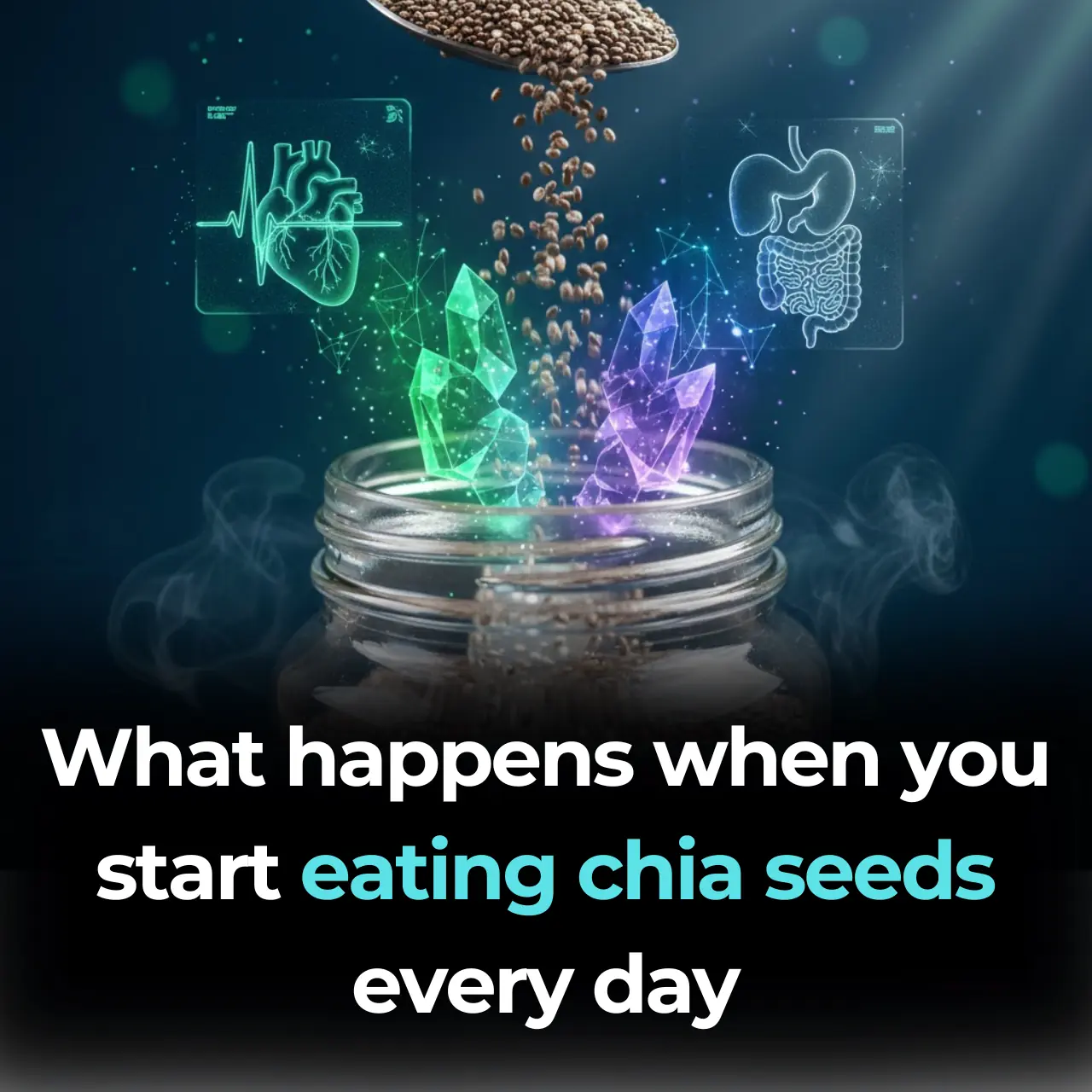
What happens when you start eating chia seeds every day

Why You Should Stop Using Petroleum Jelly On Your Skin (It’s a Byproduct of the Petroleum Manufacturing Process)
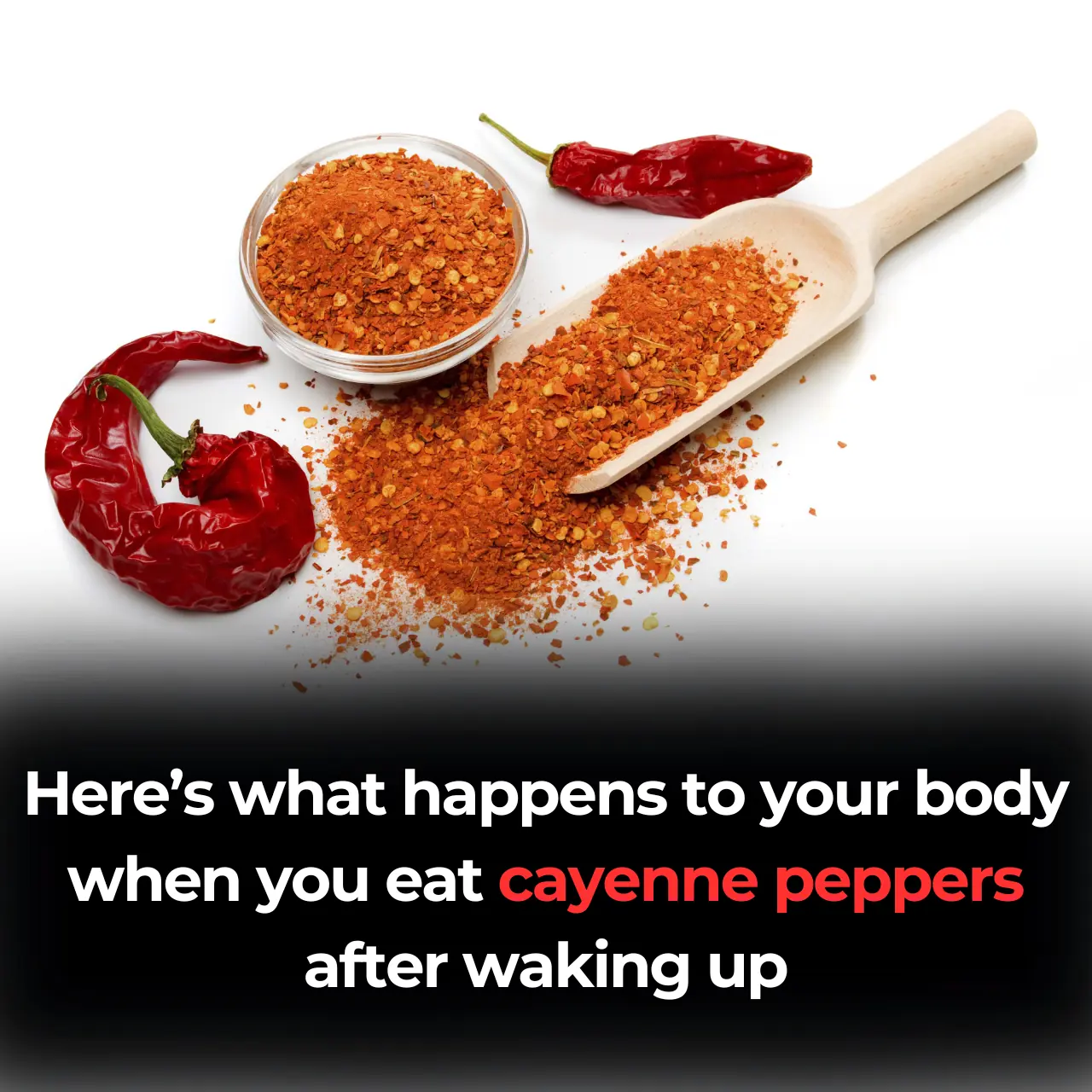
Scientifically Proven Health Benefits of Cayenne Pepper
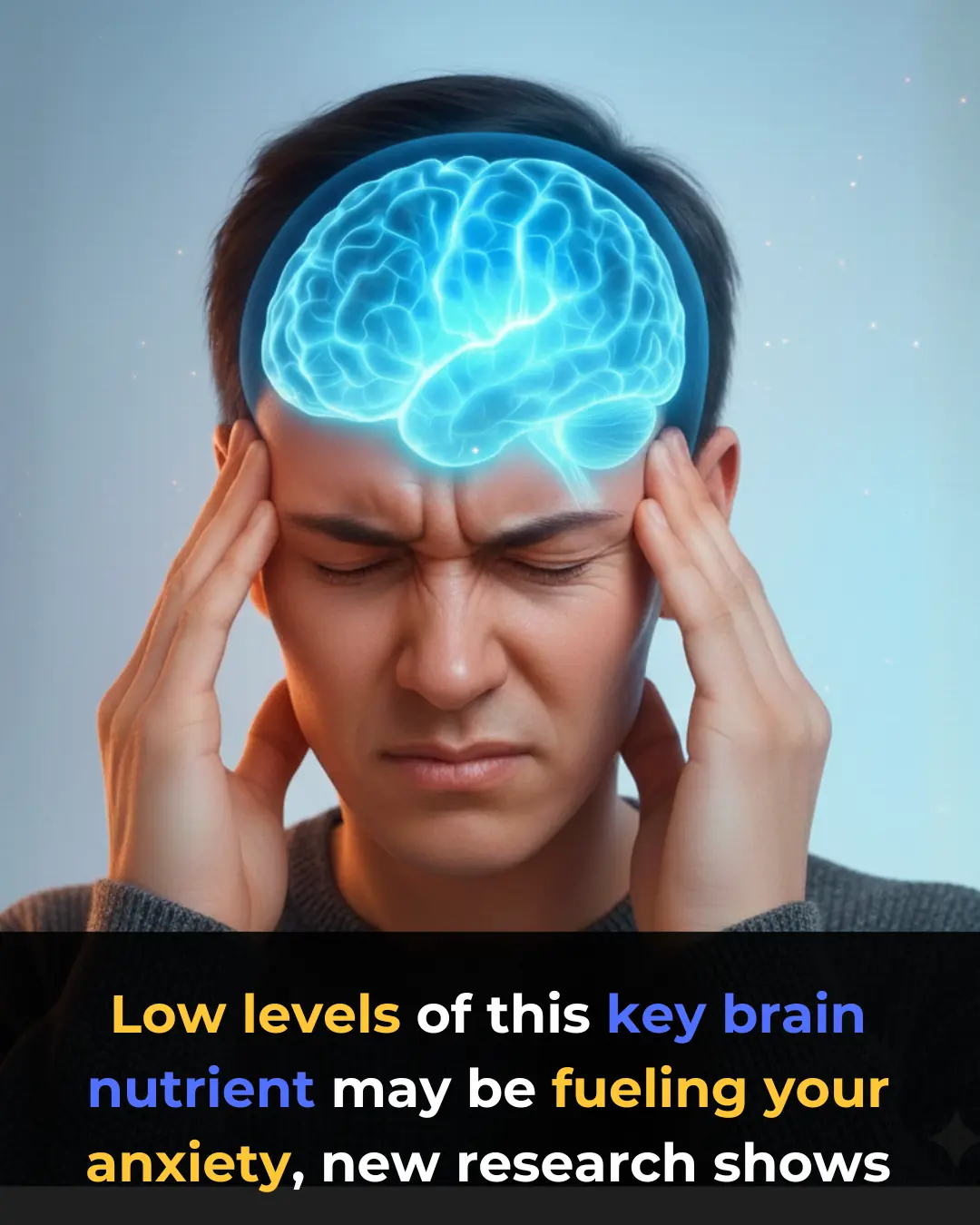
Low levels of this key brain nutrient may be fueling your anxiety

A Nurse Who Has Witnessed The Final Moments Of More Than 300 People Has Revealed What She Has Learned From Being By Their Side
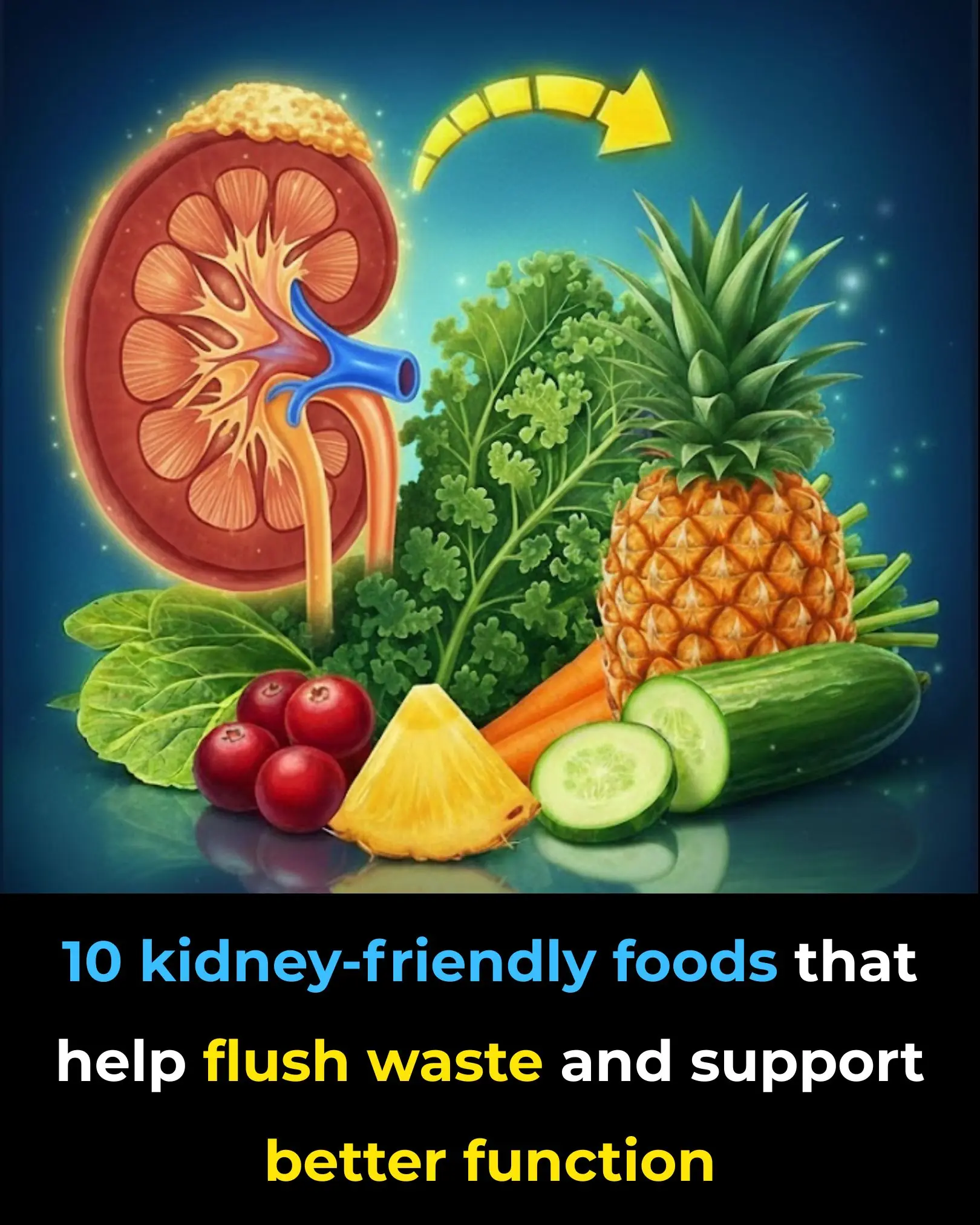
Absolutely BEST Foods to Detox Your Kidneys
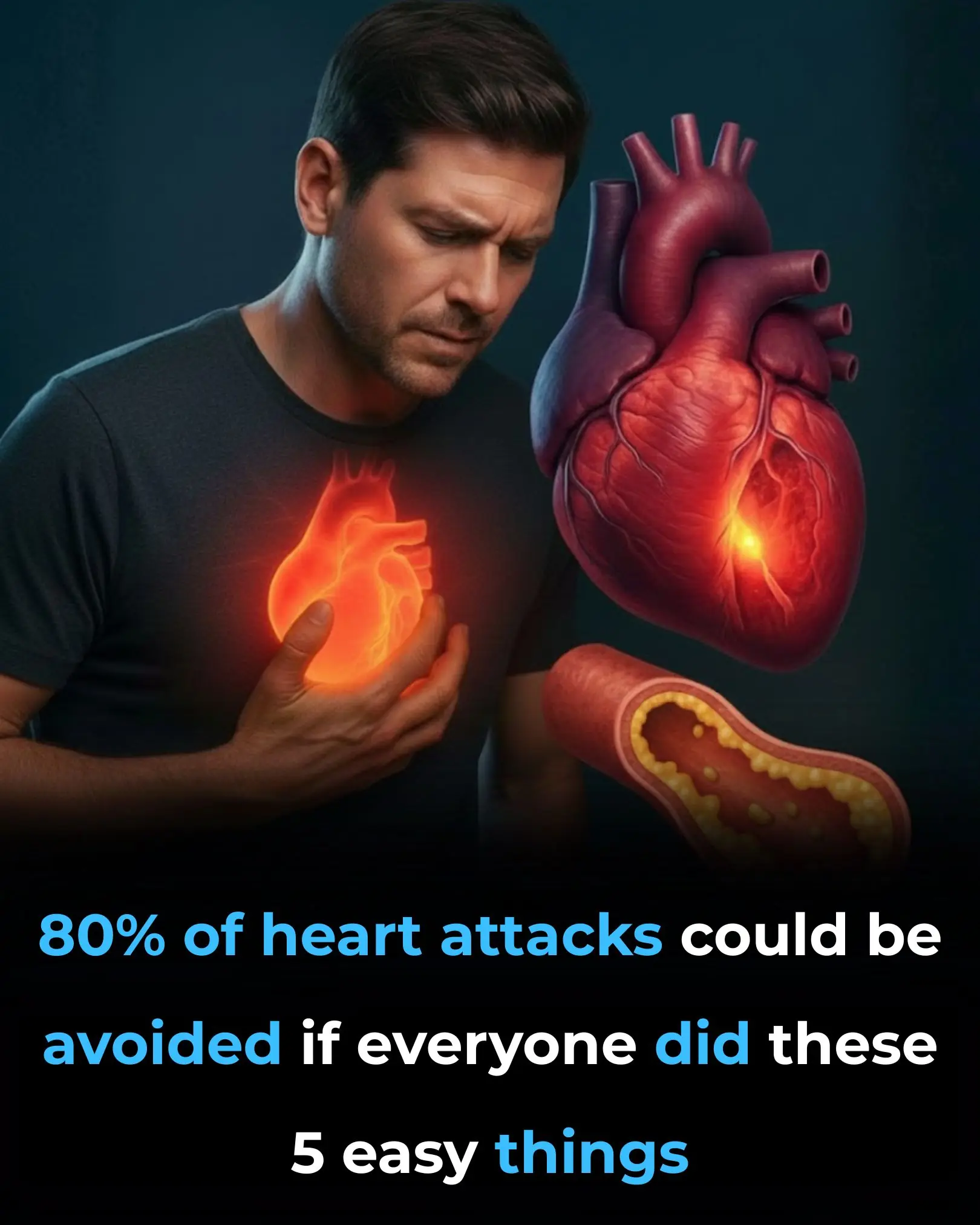
80% Of Heart Attacks Could Be Avoided If Everyone Did These 5 Easy Things
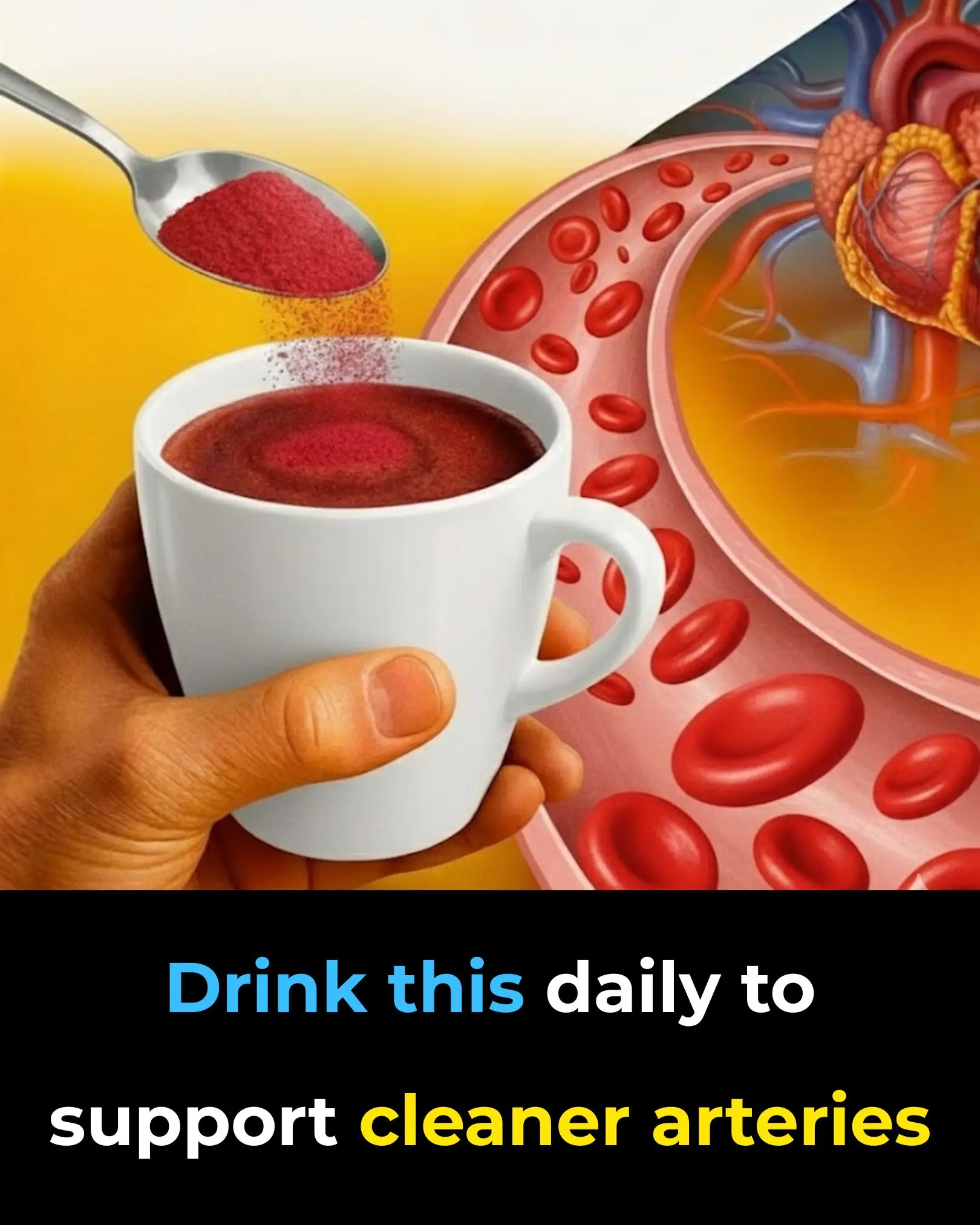
Drink this daily to support cleaner arteries
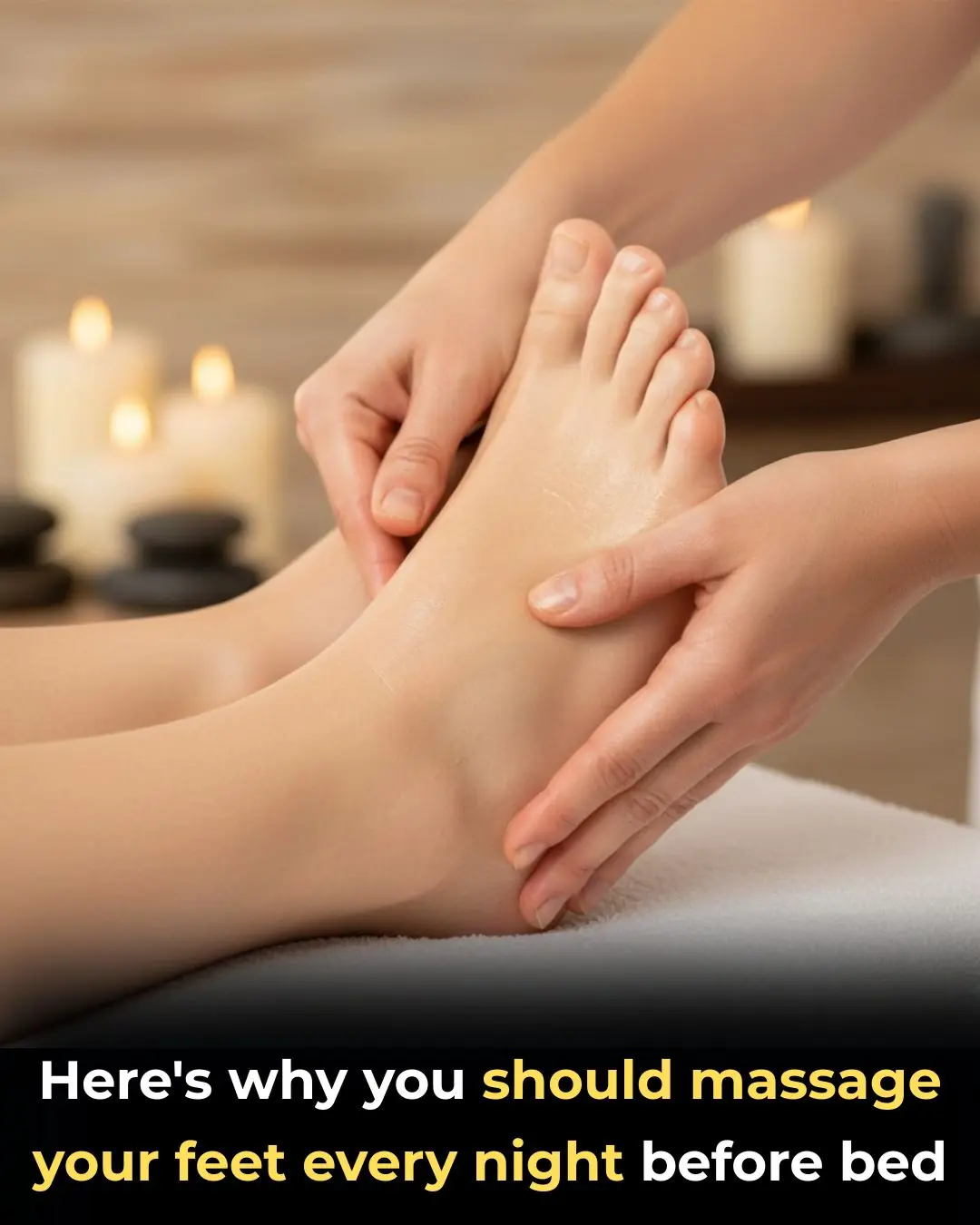
The Surprising Benefits of Foot Massages …More Than Just Relaxation

14 Best Natural Antibiotics Our Ancestors Used Instead of Pills

9 POWERFUL Health Benefits of Adding Pumpkin Seeds to Your Diet
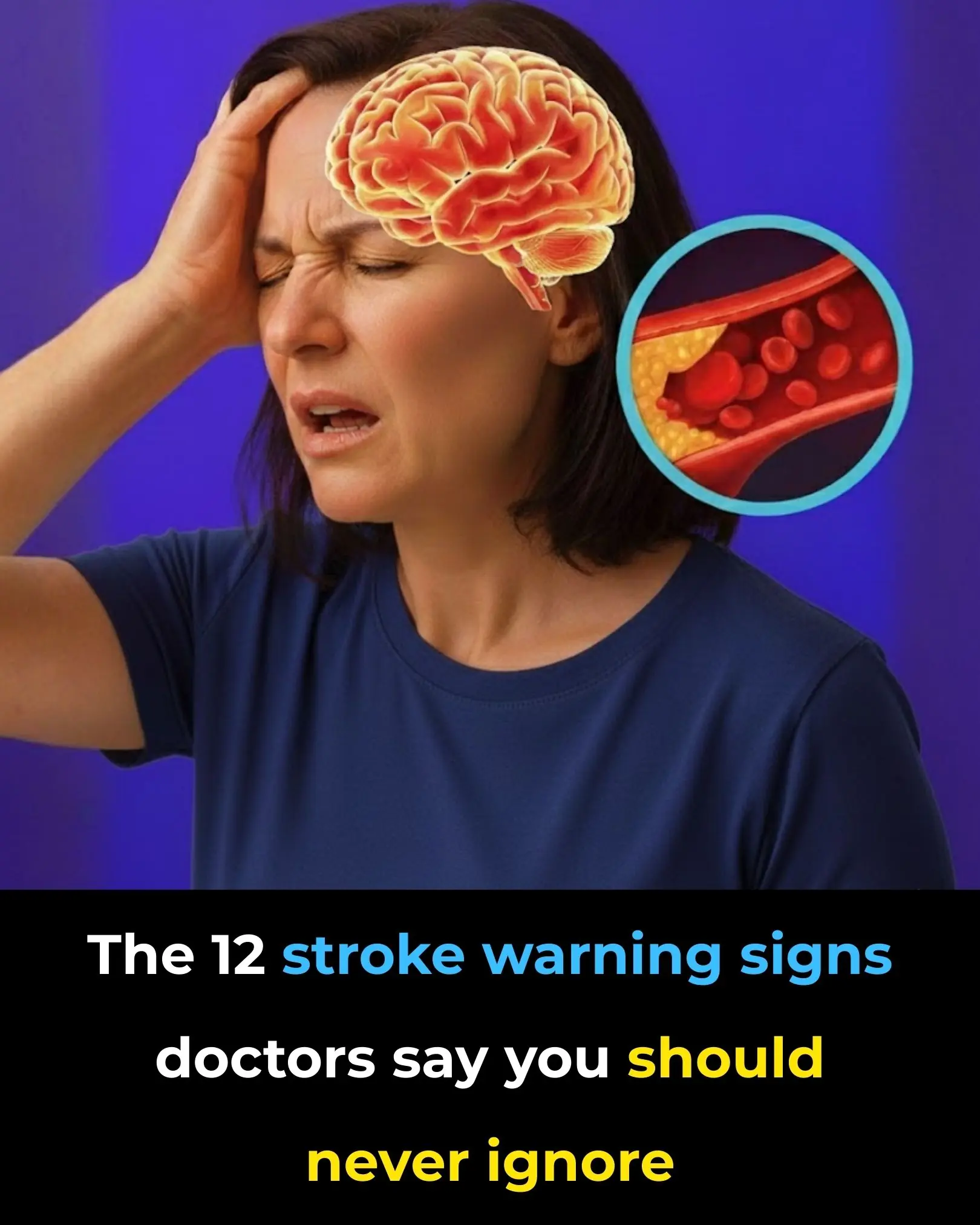
Knowing These 12 Symptoms of a Stroke Can Save Your Life
News Post

The Plant That Kills Cancer Cells, Stops Diabetes And Boosts Your Immune System!

Headache Above or Behind the Left Eye: Causes and Treatments

5 Deficiencies Almost Everyone Has (And Doesn’t Know About)

Eggs and Coffee: A Surprisingly Powerful Breakfast Combination

Boost Your Immune System Year-Round with Garlic, Onion, and Lemon

Fig Sap (Ficus carica): Uses, Benefits, and Safety Considerations

Billionaire Judy Faulkner, 82, Commits to Giving Away 99% of Her $7.8B Fortune

The Curious Story Behind "Ancient Lights" in UK Property Law

From Precarious to Prosperous: Denmark’s Approach to Entry-Level Jobs

California’s Solar-Canal Initiative: A Game-Changer for Clean Energy and Water Conservation

Nevada Teen Shows Extraordinary Love, Buys Mom a Chevrolet Metro

The Greenland Shark: A Creature That May Have Lived Through the 1600s

Steve Ballmer’s $170 Million Annual Commitment to Early Childhood Education in Washington State

Why Germany’s Animal Shelters Are Virtually “No‑Kill” — And How the Law Makes It So

Steven Pruitt and the Power of Volunteer Knowledge
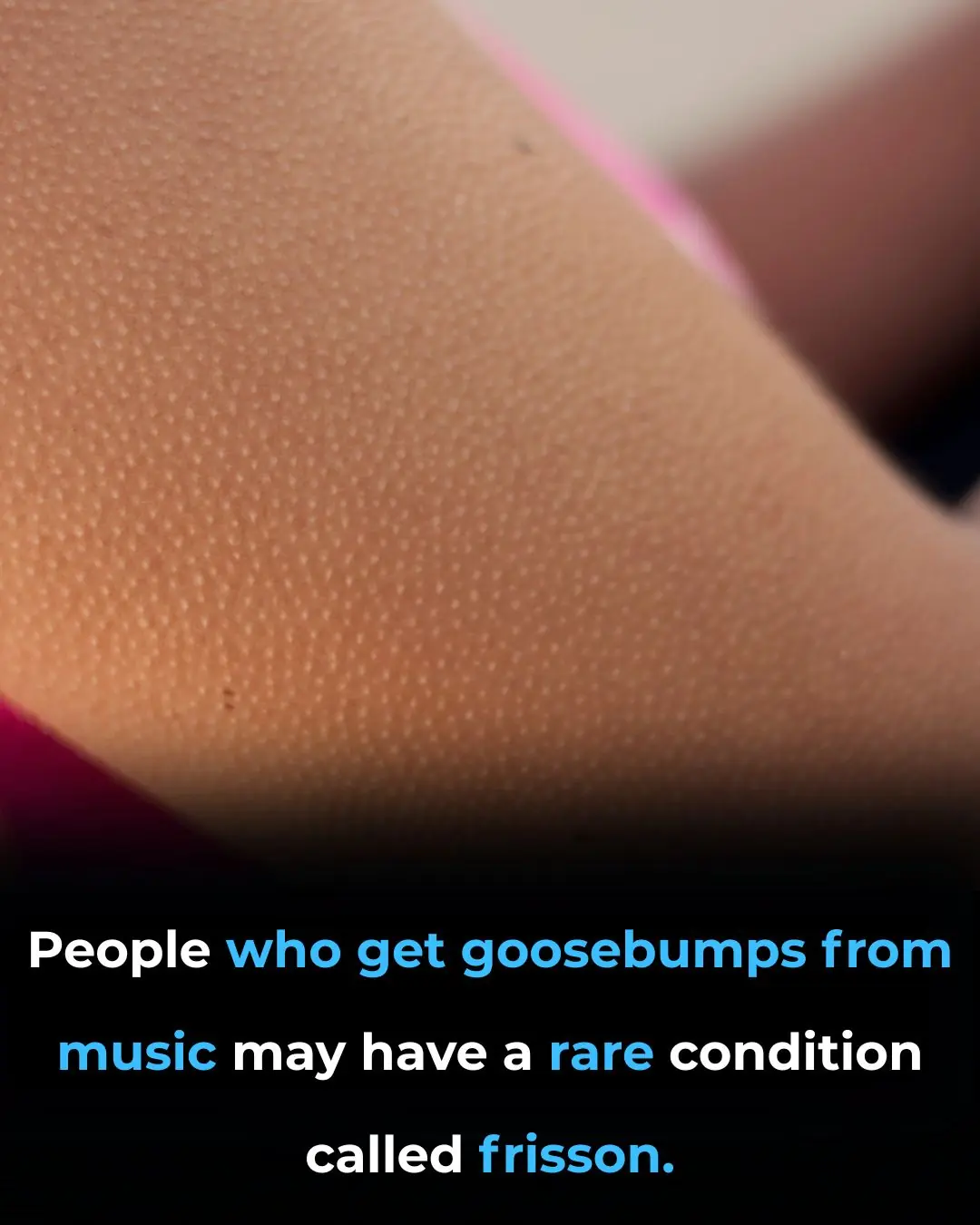
Frisson: The Science and Sensation of Goosebumps from Music and Art

A Ride for Hope: How One Afghan Father Is Transforming His Daughters’ Future
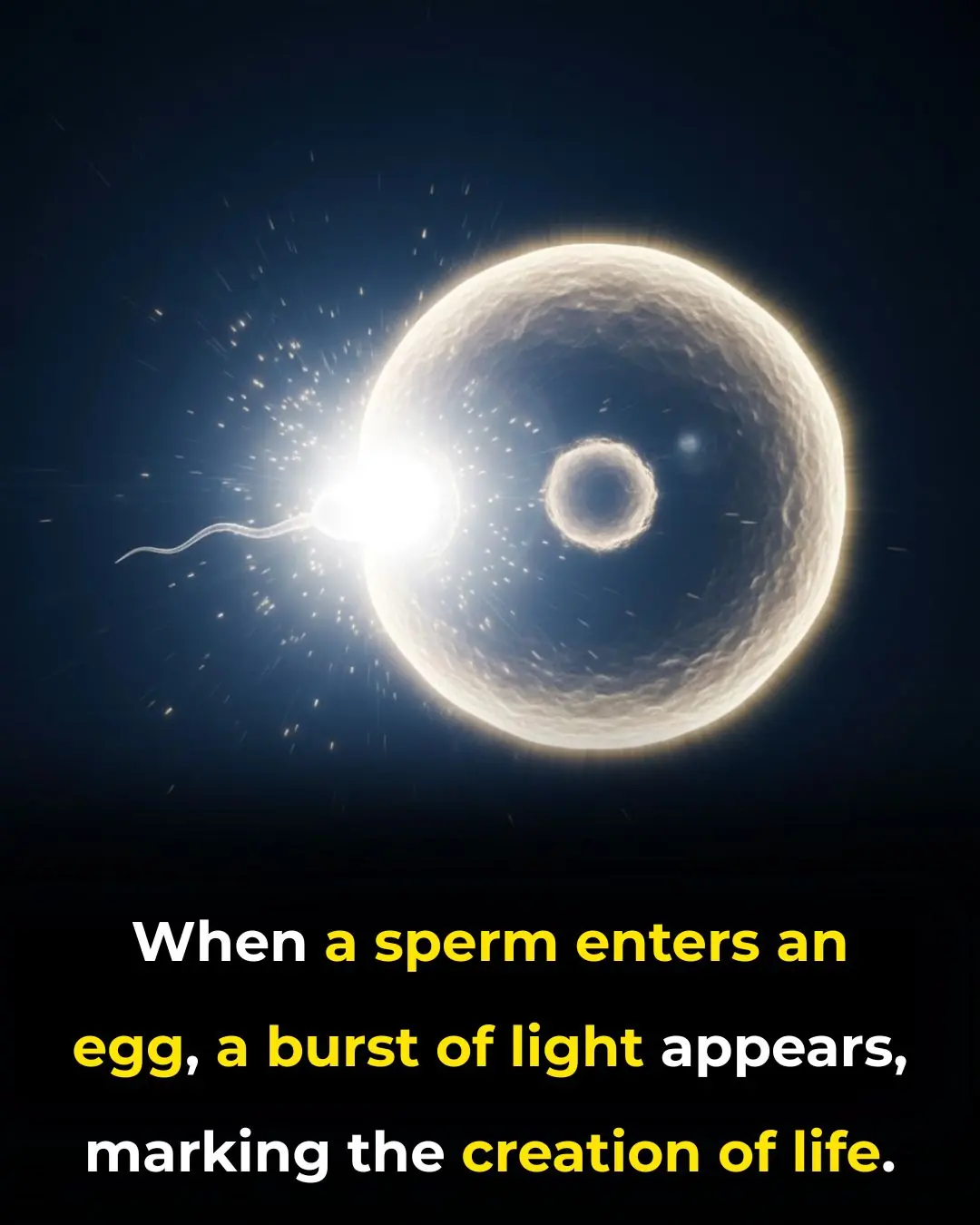
When Life Begins With a Flash: Understanding the Zinc Spark Phenomenon
